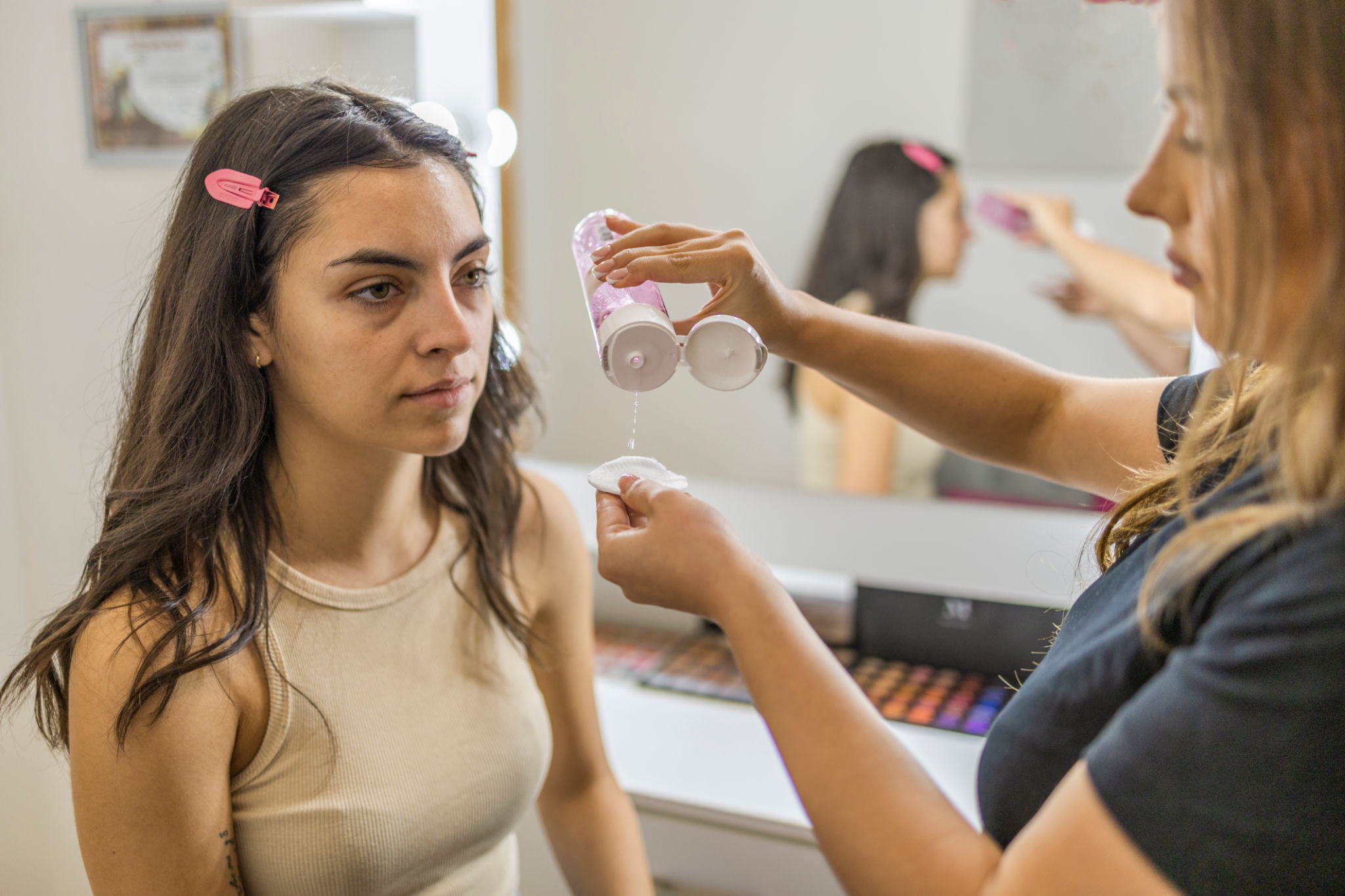Expert Tips for Using Essential Oils Safely and Effectively
Understanding Essential Oils
Essential oils have become increasingly popular in recent years due to their potential health benefits and versatile applications. Derived from plants, these oils capture the plant's scent and flavor, or "essence." However, it's crucial to understand how to use them safely and effectively to avoid adverse reactions.

Choosing Quality Oils
The effectiveness of essential oils largely depends on their quality. To ensure you're using high-quality oils, look for products that are labeled as 100% pure essential oil. This indicates that the oil is free from additives or synthetic ingredients. Additionally, consider purchasing from reputable brands that provide details about the oil's botanical name and source.
Check for Certifications
Certifications can be a good indicator of quality. Look for certifications such as USDA Organic or those from other recognized bodies that ensure the oil has met specific standards. These certifications can offer peace of mind that you're using a product free from harmful chemicals and contaminants.
Safe Application Methods
There are several ways to use essential oils, including aromatically, topically, and internally. Each method has its own set of guidelines to ensure safety.

Aromatic Use
Using essential oils aromatically is one of the most common methods. You can diffuse the oils in a diffuser, inhale them directly from the bottle, or add a few drops to hot water for steam inhalation. This method can help enhance mood, promote relaxation, and purify the air.
Topical Use
When applying essential oils to the skin, it's essential to dilute them with a carrier oil such as coconut or jojoba oil to prevent irritation. Always conduct a patch test on a small area of skin before widespread application. Common areas for topical application include the wrists, temples, and soles of the feet.
Understanding Dilution Rates
Proper dilution is key when using essential oils topically. For adults, a safe dilution rate is typically 2-3% (which means adding 12-18 drops of essential oil to one ounce of carrier oil). For children and sensitive skin, a 1% dilution rate is recommended.

Internal Use: Proceed with Caution
While some people choose to ingest essential oils for their potential health benefits, this method should be approached with caution. Not all essential oils are safe for ingestion, and improper use can lead to serious health problems. It's advisable to consult with a healthcare professional before considering internal use.
Storage and Expiry
Proper storage is crucial to maintaining the efficacy of your essential oils. Keep them in a cool, dark place, ideally in glass bottles with tightly sealed caps. Be aware that essential oils have a shelf life and can lose potency over time, so regularly check expiry dates and replace them as needed.
Conclusion
By following these expert tips for using essential oils, you can enjoy their benefits safely and effectively. Remember to always prioritize quality, practice safe application methods, and consult professionals when necessary. With proper knowledge and care, essential oils can be a wonderful addition to your wellness routine.
